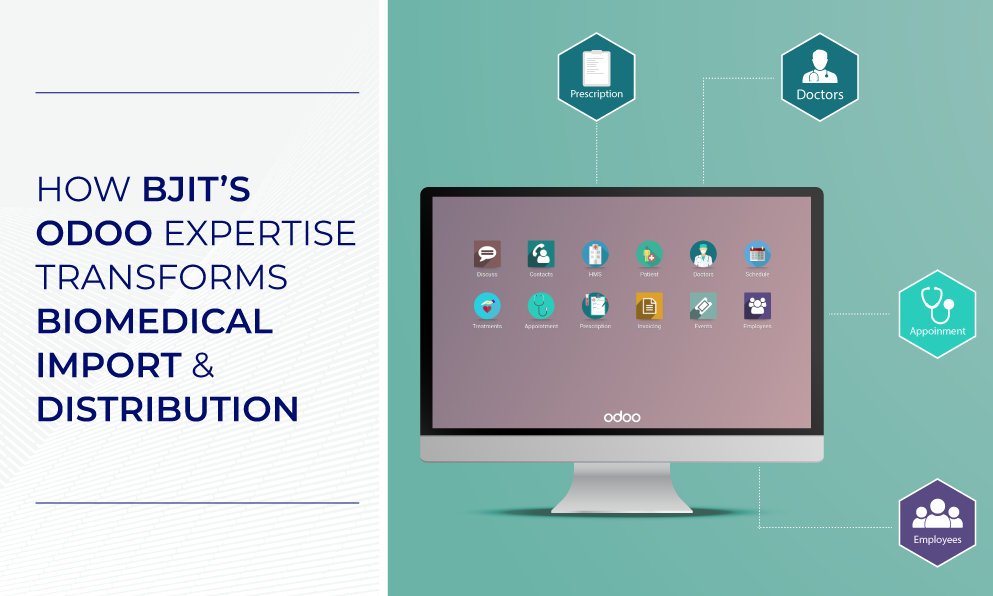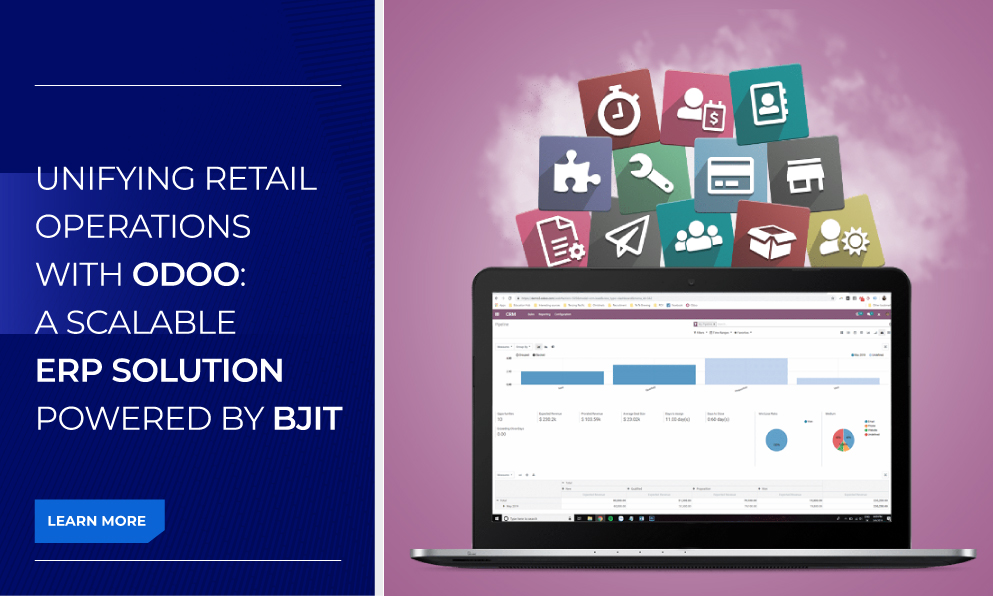Offshore development companies are crucial in helping businesses scale their operations, reduce costs, and access specialized talent. Offshore software agencies provide various types of development services. They employ highly skilled and experienced professionals who can deliver high-quality results at competitive rates.
However, selecting the right offshore development partner can be a daunting task. There are many factors to consider, such as the company's experience, technical expertise, cultural fit, and cost structure. This article will explore seven key considerations when choosing custom software outsourcing firms.
What are offshore development companies?
Offshore development companies are third-party firms located in a country different from the clients seeking their services. These offshore development specialists offer various development services, including software, web, and mobile app development.
Businesses can optimize their resource allocation by tapping into the proficiency of offshore teams. This strategic approach allows them to recruit top talent at competitive rates, ensuring a cost-effective workforce. Outsourcing non-core functions will enable businesses to focus on their core activities, boosting efficiency and growth.
7 Key Considerations To Choose Offshore Development Companies
Choosing the right offshore application development company is a critical decision that can significantly impact the success of your project. If you fail to make the right choice, you might face numerous difficulties and challenges that affect your progress and compromise the quality of your end product.
1. Expertise and Experience
When evaluating custom software outsourcing firms, assessing their expertise and experience in your industry and the specific technologies you require is essential. Look for companies with a proven track record of successfully delivering projects similar to yours. Consider factors such as their team size, domain knowledge, and portfolio of past work.
2. Quality of Talent
The success of your project largely depends on the skills and expertise of the developers assigned to it. Evaluate the quality of talent within the offshore application development companies. Look for indicators such as certifications, educational background, and experience levels of their developers. Additionally, inquire about their recruitment and training processes to ensure they attract and retain top talent.
3. Communication and Time Zone Compatibility
Effective communication is vital for the success of any offshore development project. Ensure that the offshore company has a clear communication strategy in place and provides regular updates on the project's progress. Consider factors such as time zone differences and language barriers, and choose a company that offers overlapping working hours to facilitate real-time communication and collaboration.
4. Development Methodologies and Processes
Evaluate the development methodologies and processes followed by the offshore company. Agile methods such as Scrum and Kanban are popular for software development projects due to their flexibility and adaptability to changing requirements. Additionally, inquire about their quality assurance processes, deployment practices, and adherence to industry standards and best practices.
5. Security and Data Protection
Data security is a paramount concern when outsourcing development work to offshore companies. Ensure the offshore company has robust security measures to protect sensitive information and intellectual property. Inquire about compliance with data protection regulations such as GDPR and HIPAA and their internal security protocols and practices.
6. Scalability and Flexibility
Choose an offshore development company that can scale its resources according to your project requirements. Whether you need to ramp up development efforts during peak periods or scale down during off-peak times, ensure that the company can accommodate your changing needs. Additionally, inquire about their ability to integrate seamlessly with your existing team and processes.
7. Cost and Value Proposition
While cost is undoubtedly a factor in choosing an offshore development company, it should not be the sole determining factor. Consider the overall value proposition offered by the company, including factors such as quality, reliability, and long-term partnership potential. Conduct a thorough cost-benefit analysis to ensure you get the best return on your investment.
Challenges of Offshore Development Companies
Working with offshore IT outsourcing companies has never been an easy task. It is always full of challenges. Overcoming them starts with identifying them first. Challenges like failure to communicate correctly, flawless quality control, and data security are concerning.
- Communication Barriers: Differences in language, culture, and time zones can pose communication challenges, leading to misunderstandings and delays in project delivery.
- Quality Control: Ensuring the quality of work produced by offshore teams can be challenging, especially with limited oversight and control over the development process.
- Data Security Concerns: Entrusting sensitive business information to offshore teams raises concerns about data security and confidentiality, requiring robust security measures and contractual agreements to mitigate risks.
- Legal and Compliance Issues: Operating in multiple jurisdictions may subject businesses to legal and compliance complexities, including intellectual property rights, tax regulations, and contractual disputes.
The Future of Offshore Development
As technology advances rapidly and businesses recognize the immense potential of digital transformation, the demand for offshore development services is projected to surge. Offshore development companies will help businesses innovate, scale, and stay competitive globally.
- Digital Transformation Imperative: The shift towards digitalization across industries propels businesses to seek efficient and cost-effective offshore development solutions for modernizing their IT infrastructure, applications, and systems.
- Talent Availability and Cost Optimization: Offshore development offers access to a global pool of skilled and experienced professionals, enabling businesses to tap into specialized talent at competitive rates, optimizing costs without compromising quality.
- Innovation and Agility: Offshore development companies are at the forefront, leveraging cutting-edge technologies such as artificial intelligence (AI), machine learning (ML), blockchain, and more to deliver scalable and innovative solutions that drive business growth.
Reasons To Choose BJIT As Your Trusted Offshore Development Company
At BJIT, we understand the importance of choosing the right offshore development partner for your business needs. With years of experience and a proven track record, we stand out as a reliable and trustworthy option for companies looking to outsource their software development projects.
Here are some reasons why BJIT should be your top choice:
- Expertise: Our team consists of highly skilled professionals with expertise in various technologies and domains. Whether you need web development, mobile app development, or custom software solutions, we have the knowledge and experience to deliver exceptional results.
- Quality Assurance: We are committed to delivering high-quality products that meet and exceed our client's expectations. Our rigorous quality assurance processes ensure that every project we undertake is thoroughly tested and meets the highest quality standards.
- Cost-effectiveness: Outsourcing your development projects to BJIT can help you save significantly on costs. Our competitive pricing model ensures you get the best value for your money without compromising quality.
- Communication: Effective communication is key to the success of any offshore development project. At BJIT, we prioritize communication and ensure that our clients are kept informed every step of the way. Whether you prefer email, phone calls, or video conferences, we are always accessible and responsive to your needs.
- Scalability: Whether you're a startup looking to build a minimum viable product or a large enterprise with complex software requirements, BJIT can scale our team and resources to meet your needs. We have experience working with companies of all sizes and can tailor our services to your requirements.
- Security: We understand the importance of data security and take every precaution to protect your sensitive information. You can trust BJIT to keep your data safe and secure, from secure development practices to strict data privacy policies.
- Customer Satisfaction: Our ultimate goal is customer satisfaction. We strive to build long-term client relationships by delivering exceptional service and support. From the initial consultation to post-project support, we are committed to ensuring our clients are completely satisfied with the results.
FAQs
Q1: What are the benefits of outsourcing development work offshore?
A1: Outsourcing development work offshore offers several benefits, including access to a global talent pool, cost savings, faster time-to-market, and the ability to focus on core business activities.
Q2: How can I ensure effective communication with an offshore development team?
A2: To ensure effective communication with an offshore development team, establish clear communication channels, use collaboration tools like Slack or Microsoft Teams, schedule regular meetings, and foster a culture of transparency and openness.
Q3: What risks should I know when outsourcing development work offshore?
A3: Some common risks associated with offshore development include communication challenges, cultural differences, time zone discrepancies, data security concerns, and potential quality issues. However, these risks can be mitigated through proper due diligence and risk management strategies.
Conclusion
Choosing the right offshore development company is a critical decision that can significantly impact your project's success. Consider expertise, talent quality, communication, processes, security, scalability, and cost to make an informed decision that aligns with your business goals. Remember to conduct thorough research, ask relevant questions, and prioritize long-term partnerships built on trust and mutual benefit.
Partnering with BJIT for offshore development provides access to advanced technologies, cost-effectiveness, and a commitment to building long-term collaborations. Our proven ability to understand client requirements, provide tailored solutions, and ensure seamless communication throughout development sets them apart.











